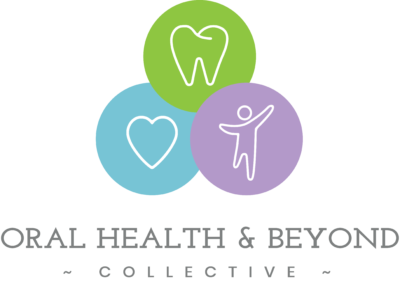Dental Health & Heart Disease
Dental health and congenital heart disease (CHD)
Dental disease, such as dental caries (tooth decay) and periodontal (gum) disease, are two of the most common types of childhood disease. When left untreated, periodontal disease can affect the bone and can become complicated by tooth abscesses, gum infection (gingivitis) and infective endocarditis.
Even in healthy children, tooth decay and gum disease can cause pain, make eating difficult and affect growth and nutrition. It can also impact self-esteem and social interactions.
When a child with congenital heart disease (CHD) also has dental disease, they are at a higher risk of needing invasive dental treatments and contracting infective endocarditis.
What is infective endocarditis (IE)?
Infective endocarditis (IE) is an infection caused by bacteria that enter the bloodstream that can settle on the heart lining, one or both of the heart’s valves, or major blood vessels in the body. These bacteria can multiply and form vegetations which damage vital heart structures including the heart valves and muscle (myocardium). This is a potentially life-threatening infection which can sometimes lead to serious complications, including death. Treating IE often involves being admitted to hospital, having intravenous antibiotics, and sometimes surgery.
It is important to notify your dentist that your child has CHD. Antibiotics may need to be prescribed before certain dental procedures to reduce the risk of IE.
If you think your child might be at risk of developing IE please contact your cardiologist for advice.
Why are children with CHD more prone to dental disease?
– CHD can interfere with tooth enamel formation, resulting in tooth deterioration and dental caries. This makes tooth restoration more difficult.
– Children with CHD have higher incidents of gastroesophageal reflux (GORD). This causes teeth to erode because they are frequently exposed to stomach acid.
– Children with CHD may require a high caloric diet, including sweet foods and medications.
– Certain medicines used to treat CHD can cause the mouth to become dry (xerostomia). The lack of saliva can make dental disease more likely to occur.
– Having a child with a complex health condition, like CHD, can be overwhelming and dental health may not be a priority.
– Children with CHD may need to be sedated/have an anaesthetic.
How dental disease can affect the whole family
It is very important for the entire family to practice good oral health. Dental disease is an infectious and transmissible disease that can spread from one family member to another through common contact and the transfer of saliva. Avoiding things like tasting food before feeding, and sharing dummies, water bottles and toothbrushes can help stop dental disease from spreading.
Dental check-ups
Dental check-ups involve the assessment of both areas. Dental check-ups should begin when baby teeth become evident from about one year of age and continue every six to nine months for surveillance of problems and to maintain good oral health.
Steps for preventing dental disease
– Make sure to start brushing your child’s teeth twice a day as soon as they come through.
– Help your child with brushing their teeth until they are 8-10 years of age, encouraging and teaching them each time.
– Use the right toothbrush and toothpaste:
– use a soft brush with a small head for children under six years of age
– use a low fluoride junior toothpaste replace toothbrushes every three months.
– Floss daily to help clean in between their teeth.
– Limit sugary foods and drinks, as well as those that are high in acid. Sugars feed the bacteria that cause tooth decay.
– Visit the dentist for check-ups every 6-9 months.
Regular dental check-ups are essential to maintain good oral health and to check for problems that you may not be able to see.
Source: https://www.childrens.health.qld.gov.au/fact-sheet-dental-health-chd/

Would you like more information on KIDS dental care? Please complete this form and one of our friendly team will get in touch with you.



